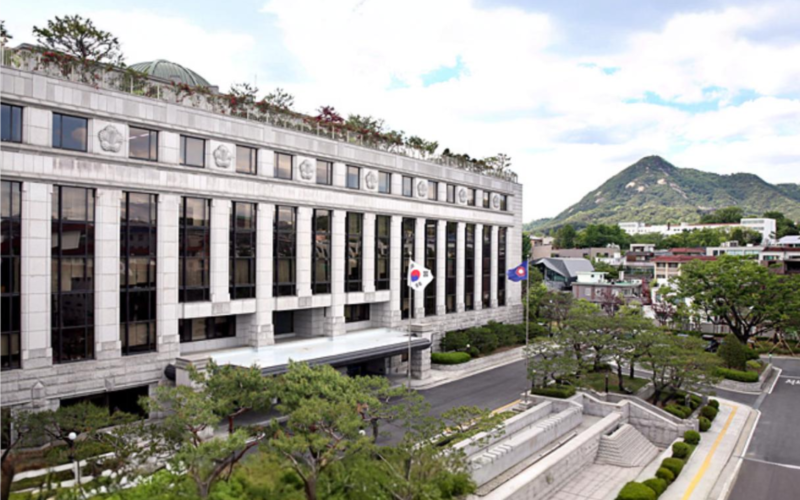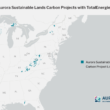A leading South Korean court determined that the country’s climate change measures are inadequate in safeguarding citizens’ rights and directed the government to establish concrete carbon-reduction targets for 2031 and beyond. This marks the first climate litigation ruling of its kind in Asia.
On Thursday, South Korea’s Constitutional Court ruled on the constitutionality of key provisions related to the nation’s greenhouse gas (GHG) reduction targets, significantly impacting the future of the country’s climate policy. The court mandated that the government develop concrete emission reduction plans through 2049, addressing concerns from climate campaigners who argued that current measures infringe on their rights.
The ruling emerged from four climate litigation cases dating back to March 2020, initiated by Youth 4 Climate Action, a group leading the Korean segment of the global school climate strike movement. They contended that the government’s inadequate GHG reduction targets violated citizens’ fundamental rights, particularly those of future generations. The lawsuits were consolidated, involving 255 plaintiffs, many of whom were young individuals.
The court found that Article 8, Section 1 of the Carbon Neutrality Framework Act, which mandates a 35 percent reduction from 2018 levels by 2030, did not meet constitutional requirements. Although the 2030 target was deemed acceptable, the lack of specific targets for 2031 to 2049 was considered insufficient to address future climate risks. The court emphasised that the state must take appropriate measures to protect citizens’ fundamental rights, in accordance with the principle of prohibiting excessively deficient protection.
The court has ruled that Article 8 will remain in effect until it is revised by February 28, 2026, to prevent undermining current climate policies. However, it upheld Article 3 of the Enforcement Decree, which specifies a 40 percent reduction target for 2030, affirming that it does not infringe on constitutional rights while stressing the need for comprehensive long-term planning.
The court reviewed the sectoral and annual GHG reduction targets in the First National Plan for Carbon Neutrality and Green Growth, finding that these targets did not significantly violate environmental rights. Complaints regarding the former Green Growth Act and its enforcement decree were dismissed as outdated.
The ruling was met with cheers from plaintiffs and activists, who expressed hope that it will lead to substantial changes in South Korea’s climate policies and inspire global action. Han Je-ah, one of the youngest plaintiffs at 12 years old, described the decision as “joyful and satisfying like a wish coming true,” highlighting the urgent need to address the climate crisis.
The decision followed public hearings in April and May, with input from civic groups, scholars, and government representatives. South Korea aims for carbon neutrality by 2050, and the government and National Assembly now face the task of strengthening climate policies before the February 2026 deadline to align with the court’s ruling.

















